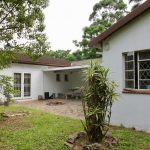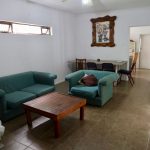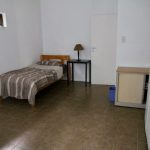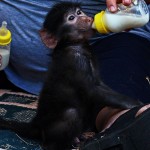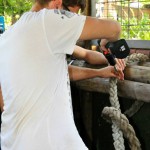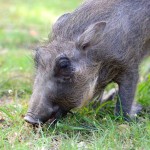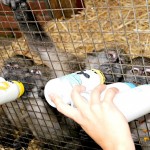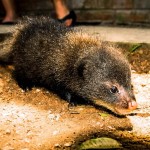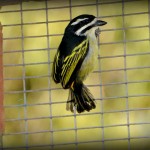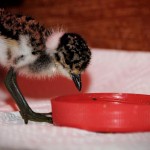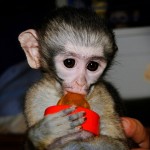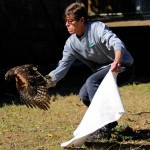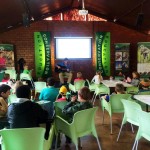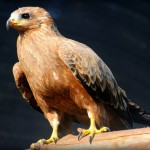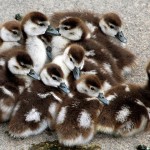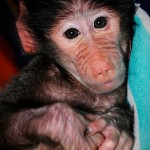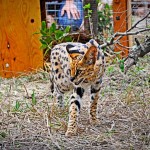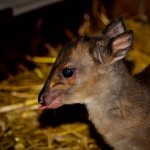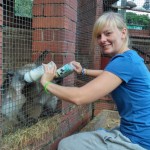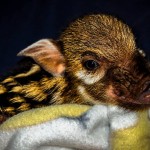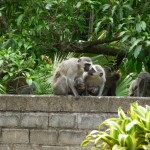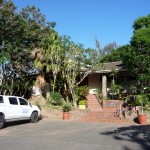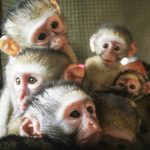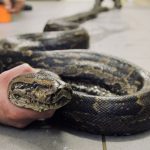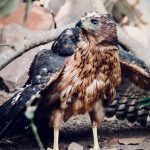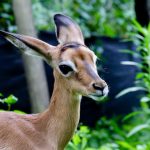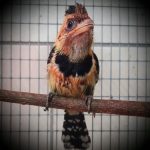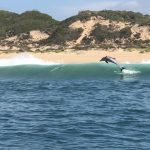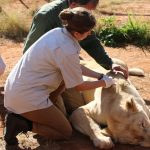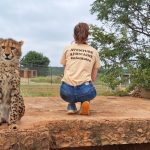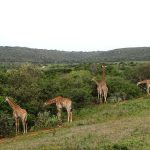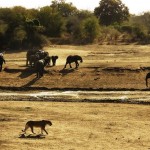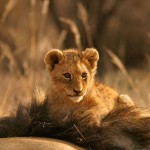Wildlife Rehabilitation Centre
Founded over 40 years ago, the Wildlife Rehabilitation Center is the only registered center of Durban to the rescue, recovery and release of the wildlife indigenous to the province of KwaZulu-Natal. It is made up of a passionate team dedicated 24h/24 to the rescue of animals in danger that truly needs volunteers to lend a hand.
From mongooses to servals, including reptiles, birds, monkeys and antelopes, each year, more than 3000 orphan, injured or abandoned animals that are brought to the center, which always aim to release them. Apart from the tortoises that cannot be released, no animal is kept in captivity. That is why it is essential that the centre mimics the natural environment of each species as much as possible.
The centre also receives as much as possible local schools in order to teach to the children the respect of wildlife and how to react while facing an animal in distress.
On the other hand, volunteers interested in marketing and PR are more than welcome.
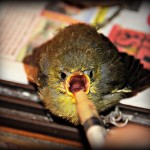
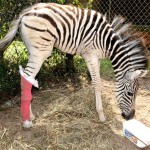
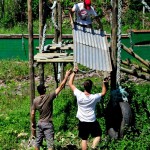
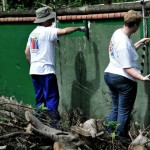
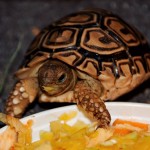
Arrival
You will need to arrive on the 1st or 15th of the month, ideally around 11h. You will fly in Durban International Airport (King Shaka), located in about 40 minutes from the centre. You can either organise your transfer yourself or we can do it for you through Cybele Tours that charge about R 1400 the return transfer to and from the centre.
After you have arrived, you will have the possibility to settle in the house and a member of the team will then give you an introduction of the place, its goal and way of operating.
With up to 300 residents at one time, the centre greatly needs volunteers to help with feeding and care for them. On top of the international volunteers, some local volunteers lend a hand when they can. Your priority mission will be the feeding of all the animals, you may be asked to bottle-feed some of them when required as well. You may also take part in a rescue or a release, both unforgettable moments!
Here is a list of activities that you may take part in during your stay (please note that this is for your information and that you may or may not take part in all the activities listed below):
- Food preparation
- Feeding
- Cleaning of the enclosures/cages/centre
- Rescues / releases
- Enrichment preparation
- Etc.
For all these activities you will be trained and supervised by team members and more experienced volunteers. The main objective of the centre being to release all the animals it can save, contacts are reduced to a minimum in order to give them the best chance at survival in the wild.
Because the centre is host to meat-eating animals, the food preparation may include the handling of meat. Although it may not be the most pleasant part for everyone, we need to keep in mind that all the animals need to be fed according to their needs.
A typical daily schedule (please note that this schedule may vary according to the season and activities undertaken.):
7h – 9h: cleaning of the clinic and food preparation and distribution
9h – 12h: enclosure maintenance and enrichments
12h – 13h: lunch break
13h – 15h: food preparation and distribution
Your day will typically end at 15h, provided that all your assigned tasks have been accomplished, animal needs always being the priority.
The more your stay, the more your experience becomes interesting as you will be given more responsibilities.
Marketing and PR
Persons interested in marketing and PR are also welcome to lend a hand. The condition is to stay for at least a month (that way you have the time to experience volunteering at the clinic first and learn enough about the centre to be able to talk about it). Contact us if you would like more information about this.
Days off
Volunteers will have one or two days off, during the week or the weekend, according to the needs of the centre and the number of volunteers. You can either choose to rest at the centre or to find out about the many possibilities offered by the city of Durban and its surroundings, here is a non-exhaustive list:
- Enjoy Florida Road’s nightlife
- Make the most of the many beaches
- Take a city tour
- Watch a rugby or a football game
- Visit Hluhluwe – Imfolozi Game Reserve
- Visit Lesotho driving through the magnificent Drakensberg mountains
- Enjoy the landscapes and Zulu traditions of the Valley of a Thousand Hills
- Etc.
Team members and local volunteers will gladly give you advice regarding what to do in the area.
You will be staying at the centre, only a few meters away from the clinic where you get internet access. You will stay at a house that can accommodate up to 10 people. It is furnished with a kitchen, a living-room, three bedrooms, two bathrooms and a terrace. Groceries will be bought for you once a week and you will prepare your own meals and will be responsible for keeping the house clean and tidy (it will be cleaned twice a week by the staff). Laundry facility is provided.
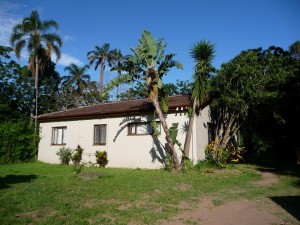
The centre is located at the South of Durban, in a small residential area, within a walking distance (about 10 min) to a Spar and other facilities (pub, pizzeria, pharmacy, etc.). Moreover, you can enjoy walking in a game reserve located just at the end of the road.
The minimum stay is 2 weeks. Volunteers should arrive on the 1st and 15th of each month.
The longer you stay, the cheapest it gets.
Rates from the 1st of March 2023
R600 per day for the first month
R522 per day for the second month
R456 per day for the third month
On top of the Programme Fees, Registration Fees of 190€ apply.
Are included in the Programme Fees: accommodation, three meals a day, internet, laundry, your supervision.
Are included in the Registration Fees: administrative and marketing fees, ongoing support from Aventure Africaine, travel costs to visit and experience the projects.
“My name is Christina. I’m 26 years old and from Denmark. I volunteered at the Wildlife Rehabilitation Centre as part of my education as a zookeeper. I’ve been to several places such as Namibia, Zimbabwe and South Africa. Out of all the places I enjoyed the Wildlife Rehabilitation Centre the most. It is about rehabilitation of orphaned and/or mistreated wildlife and they actually do release the wildlife. It’s not a wildlife petting place as most places in Southern Africa. The work at the centre is mostly feeding, cleaning enclosures, making enrichment etc. If there’s a rescue or release we get to go on these. All people who cares for wildlife and who wants to help wildlife and the people who work hard every day to help wildlife, should definitely go to the Wildlife Rehabilitation Centre. Other than the awesome animals, the staff is also amazing. They are so welcoming and you just feel as a part of the team from the start.” Christina, Denmark
“I would recommend the Wildlife Rehabilitation Centre to everybody! I had a great time feeding, caring for and looking after all the patients.” Marie-Theres, Austria
“I loved the morning & afternoon feeds everyday and the rescues were lots of fun. It was great to see the team at work in the clinic. Everyone was welcoming and amazing, like a big family!” Jasmine, Australia



